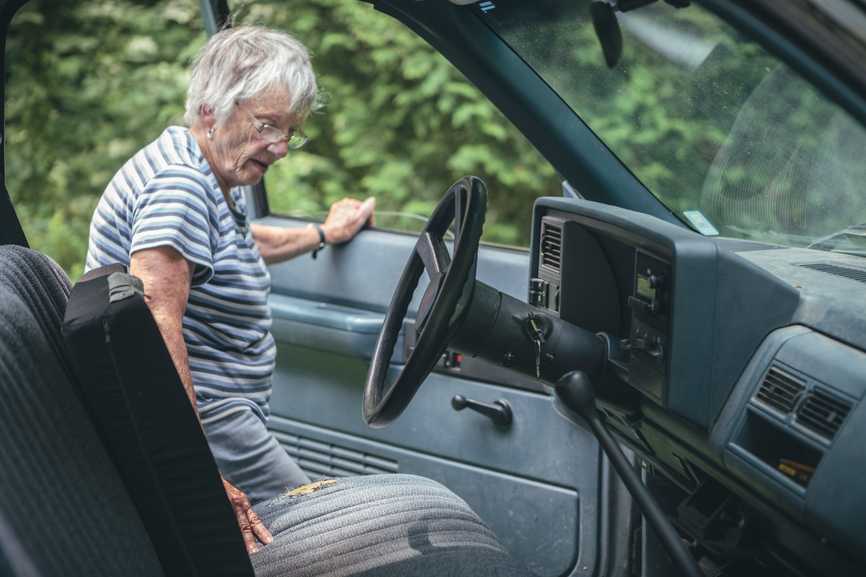Losing the ability to drive can result in a significant decline in the overall mental and physical health of seniors, reports a new study by the AAA Foundation for Traffic Safety and Columbia University.
According to the study, the loss of driving for seniors, whether it’s voluntary or involuntary, can result in:
- Less participation in activities outside the home
- A doubled risk of depression
- A 50 per cent reduction in social network (over a 13-year period)
- Accelerated mental decline
- Five times greater likelihood of being admitted to long term care
The study does not advocate for seniors to continue driving when it is no longer safe due to diminished hearing, eyesight and slower reflexes, however there are many classes now available to improve seniors’ driving skills.
Some of the features on newer vehicles may also help seniors stay safer on the road. Self parking, adaptive headlamps, blind spot warning, lane departure warning, auto-braking systems, all wheel drive and GPS are just a few of the newer features older drivers may want to consider in a new purchase. Children or grandchildren might offer to program GPS systems with regular destinations as some can be complicated and frustrating for older adults.
If a loved-one does lose their driving privileges, it is important to find new modes of transportation to make sure they can still get out and don’t fall victim to social isolation.
For more information about renewing driving skills, visit the Canadian Safety Council’s 55 Alive Driver Refresher Course information page at https://canadasafetycouncil.org/training/55-alive-driver-refresher-course .






Add Your Voice
0 Comments
Join the Discussion